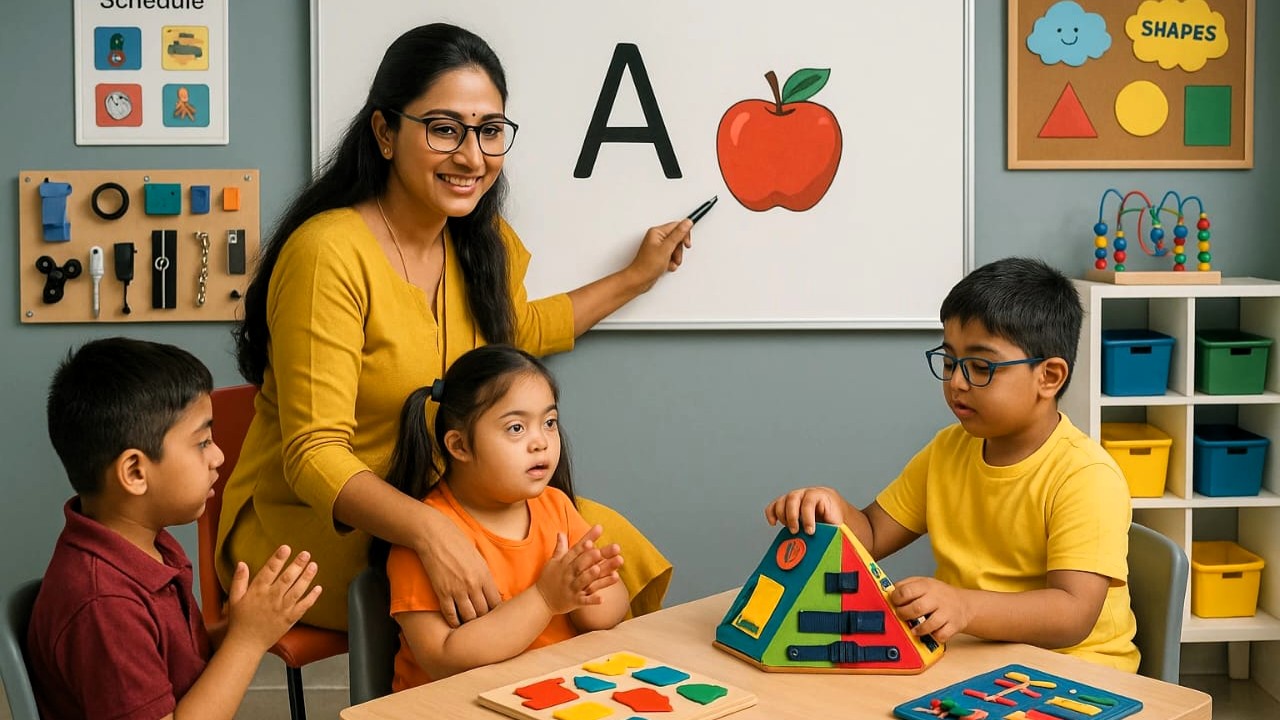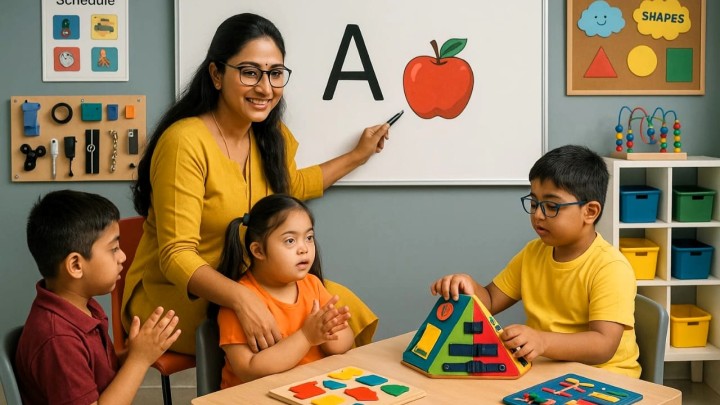
Beyond the Cute Talk: What to Watch for in Your Child's Speech
As parents, we cherish every word our child speaks, but sometimes, concerns about their communication can arise. It's natural to wonder if what you're observing is a normal part of development or a sign that professional help is needed. If you're questioning whether your child might benefit from speech therapy, you're not alone. Here’s a simple guide to help you recognize when it might be time to consult a Speech-Language Pathologist (SLP).
Pay Attention to These Key Signs:
1. Difficulty with Speech Sounds (Articulation)
If your child's speech is consistently unclear, even to close family members, it might be a sign. Look out for:
- Sound Swaps: Saying "tat" instead of "cat," or "wabbit" instead of "rabbit."
- Missing Sounds: Leaving off the end of words, like "ca" for "cat" or "bu" for "bus."
- Hard to Understand: If strangers, or even you, struggle to understand what your child is saying most of the time as they get older.
2. Stuttering or Bumpy Speech (Fluency)
It's common for toddlers to have some unevenness in their speech, but persistent patterns can be a red flag:
- Frequent Repetitions: Repeating sounds or whole words often, like "I-I-I want a toy."
- Stretching Sounds: Holding out sounds for a long time, such as "Sssssso I went."
- Physical Effort: You notice your child blinking rapidly, tensing up, or clenching their fists when trying to speak. They might also start avoiding certain words or situations because they're worried about stuttering.
3. Voice Concerns (Phonation)
Your child's voice should generally sound clear. If you notice ongoing issues, consider an evaluation:
- Hoarse or Raspy Voice: A voice that consistently sounds rough, breathy, or strained, not just when they have a cold.
- Unusual Pitch: Their voice might be unusually high or low for their age.
- Straining to Talk: They seem to be working very hard to make a sound when speaking.
4. Language and Social Communication Challenges
Communication is about more than just sounds; it's also about understanding and expressing ideas:
- Limited Words: If your toddler has very few words for their age (e.g., a 2-year-old with fewer than 50 words).
- Trouble Following Instructions: Difficulty understanding and following simple directions, especially multi-step ones like "pick up the ball and put it in the box."
- Struggling with Sentences: By age three, still only using single words or very basic two-word phrases, rather than forming longer sentences.
- Social Interactions: Difficulty taking turns in conversation, asking many repetitive questions, or struggling to use words to make friends or express their feelings.
Trust Your Gut!
No one knows your child better than you do. If you have a persistent feeling that something isn't quite right with their speech or language development, don't hesitate. Reaching out to a Speech-Language Pathologist for an evaluation is a proactive step that can make a huge difference. In places like Rajkot, Gujarat, there are many qualified professionals who can provide guidance and support to help your child communicate confidently.






